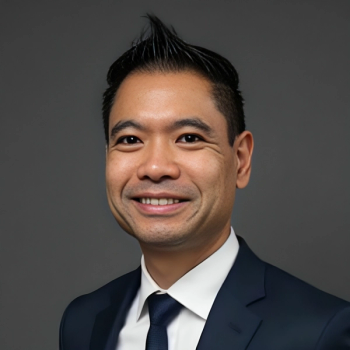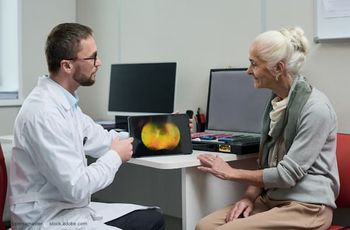
Part 4: KOL reflections on what they would say to retina fellows
KOLs in the retina world reflect on advice they would share with fellows beginning their journey into retina, including the vast opportunities in healthcare and the importance of curiosity and collaboration for revolutionary advancements in retina medicine.
Editor's note: This transcript has been lightly edited for clarity.
Deepak Sambhara, MD: I think the biggest advice would be never stop learning. The reality is, if I practiced based on what I was taught in 2019, I would already be three steps behind the eight ball. The beautiful thing about meetings like right now at Retina World Congress is the fact that you have a chance to keep up to date with the latest and greatest technology, medications, data, and it's a great way for industry and practice partnerships to happen. A lot of what happens in our community is based on the work that happens with industry. It's also based on the work that happens with the basic scientists. And in order to bridge that gap, these meetings are critical, because they give us an opportunity to meet with all stakeholders and for us to be able to grow our knowledge base so we can deliver the latest and greatest care to our patients.
Tarek S. Hassan, MD: Well, I would tell them that they're entering a very exciting field. The reason I was drawn to ophthalmology is that everything is so rapidly advancing, and we have an organ in the eye that mimics the entire body in a little small space. So within that, there are so many opportunities to explore doing whatever one would want to do in that career. Some people really love seeing many, many patients and taking care of patients with severe problems, being the end stage, the last line of defense between someone and blindness, and I think that's fantastic. There are, however, other careers where people can do things outside of clinical medicine, or they can do a hybrid event between some things outside of clinical medicine, whether it's in industry, politics, advocacy and clinical medicine. And I think my advice is ultimately to look at the breadth of what's available in ophthalmology and in retina. Try to find out what interests you most. Don't limit yourself to any one way of practicing or any one situation of practice, whether it's an academic situation or private practice or a hybrid. There are so many opportunities now, and it's really about going out and looking and finding what is available to you, because it is a really exciting field, and I would encourage anyone going into it to not allow themselves to get into a rut of doing something they think they're supposed to do or that they have no other option but to do, but rather look out and see what you can do too.
J. Fernando Arevalo, MD, PhD, FACS, FASRS: My advice for retina fellows that are starting is to keep an eye on what Retina World Congress Young Retina Specialist Connect is doing. We are trying to develop platforms that are going to help mentors, seasoned retina specialists, connect with mentees, young retina specialists like yourself, and that will help you navigate the complexities of our profession much better and faster. We're going to be able to give you opportunities to participate in the Congress and in webinars on the eLife platform and supranational studies with global collaboration, working together. So I think that working together as a group through Retina World Congress is going to be key for the development and fostering the career of our young retina specialist.
Newsletter
Keep your retina practice on the forefront—subscribe for expert analysis and emerging trends in retinal disease management.


































